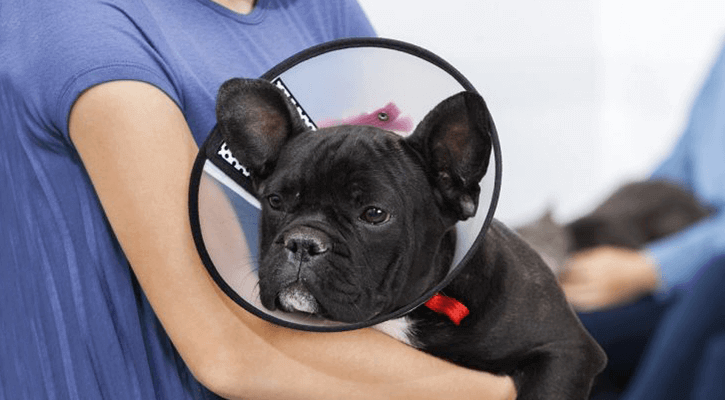
Spay & Neuter
Every year thousands of stray and unwanted animals are euthanized in shelters across the United States. Many of these deaths are the avoidable result of owners failing to spay and neuter their pets. Even if you keep a close watch on your pet, accidents happen, and unexpected offspring means more animals that won’t be given the chance at full, happy lives.
Spaying and neutering can help end this cycle, and both procedures can have health benefits for pets.
Spaying for Pets
Spaying is a common, minimally invasive, surgical procedure performed on female cats and dogs. The process is called an ovariohysterectomy and involves removing the patient’s uterus, ovaries, and fallopian tubes, rendering the animal incapable of reproduction. Picture Hills Pet Hospital veterinarians recommend spaying your pet at 5-6 months in most cases, but we will discuss a plan tailored to your pet.
Spaying Benefits:
- Prevents unwanted pregnancies
- Eliminates the risk of ovarian and uterine tumors
- Significantly decreases the risk of breast cancer
- Remove the possibility of uterine infections
What to expect after surgery
Spaying is a major surgery requiring 7-10 days of recovery time. Recovery may also include pain medication and lethargy is common for the first couple of days following the procedure.
Neutering for Pets
Neutering is performed on male cats and dogs. This process castrates the animal, removing their testicles and making them unable to impregnate females. The age we recommend neutering depends entirely on your pet’s size, breed, and lifestyle. We will discuss the best time to neuter your pet at your first pediatric wellness visit.
Neutering Benefits:
- Reduces roaming and spraying (territory marking)
- Eliminates the risk of testicular and prostate infections
What to expect after surgery
Although less invasive than spaying, neutering is still a major medical procedure that requires some recovery time. Recovery may also include pain medication and lethargy is common for the first couple of days following the procedure. It’s extremely important that you monitor your pet to prevent the animal from licking or biting the incision to reduce the risk of infection.
Contact Us Today
To learn more about spaying and neutering, or to schedule an appointment, contact us at (816) 587-3300.
